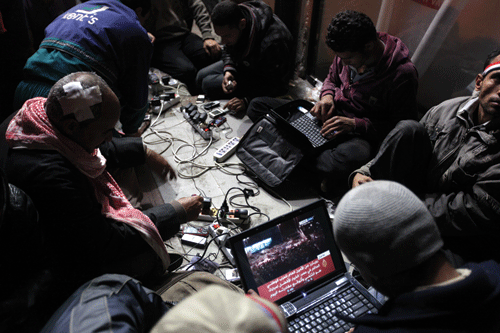Jonathan Wright
Jonathan Wright is a translator and former Reuters journalist. His previous translations from the Arabic include Khaled Al Khamissi’s Taxi, Youssef Ziedan’s Azazeel (Winner of the IPAF, 2009), Saud Alsanousi’s The Bamboo Stalk (Winner of the IPAF, 2013), Hammour Ziada’s The Longing of the Dervish (Winner of the Naguib Mahfouz Prize), Ahmed Saadawi’s Frankenstein in Baghdad (shortlisted for the Man Booker International), Mazen Maarouf ’s Jokes for the Gunmen (shortlisted for the Man Booker International), and Hassan Blasim’s God 99, The Madman of Freedom Square and The Iraqi Christ (winner of the 2014 Independent Foreign Fiction Prize). He lives in London.

